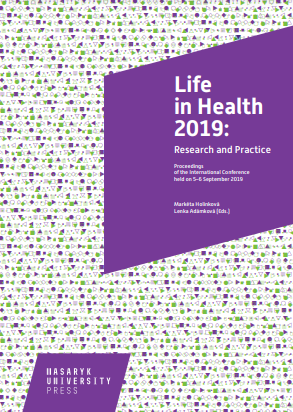Myths in Milk and Dairy Products
Myths in Milk and Dairy Products
Author(s): Michal Svoboda
Subject(s): Sociology, Health and medicine and law
Published by: Masarykova univerzita nakladatelství
Keywords: food and nutrition myths; milk; dairy products;
Summary/Abstract: A myth is considered to be a false irrational self-delusion based on the subjective feelings of the individual or the mechanical acceptance of unsubstantiated information. The myths described relate to the effect of milk on the human body, milk as a food product, yogurt and cheese. The main objective of the research was to answer the following question: Do the respondents understand the selected statements about nutrition as true or not? The research method was a questionnaire of its own design. Among the statements that respondents believe to be true include: yoghurt with a shelf life of one month must contain preservatives; durable milk contains preservatives, so-called “E”; milk cartons contain numbers to indicate how many times the milk has been pasteurized and put on sale again; milk fills up with mucus; not all yogurts contain living cultures; because of the dyeing, beetles are poured into the yoghurt; milk from a shop is thinned by water; fresh milk is healthier than durable, durable milk does not contain any vitamins and minerals; there are no cheeses without “E”; processed cheeses are cheap and therefore have to be of lower quality; milk is not suitable for people. Human is the only mammal drinking milk of some other mammal. The results of the questionnaire survey are in line with people’s long-term views on milk and dairy products.
- Page Range: 105-110
- Page Count: 6
- Publication Year: 2019
- Language: English
- Content File-PDF

